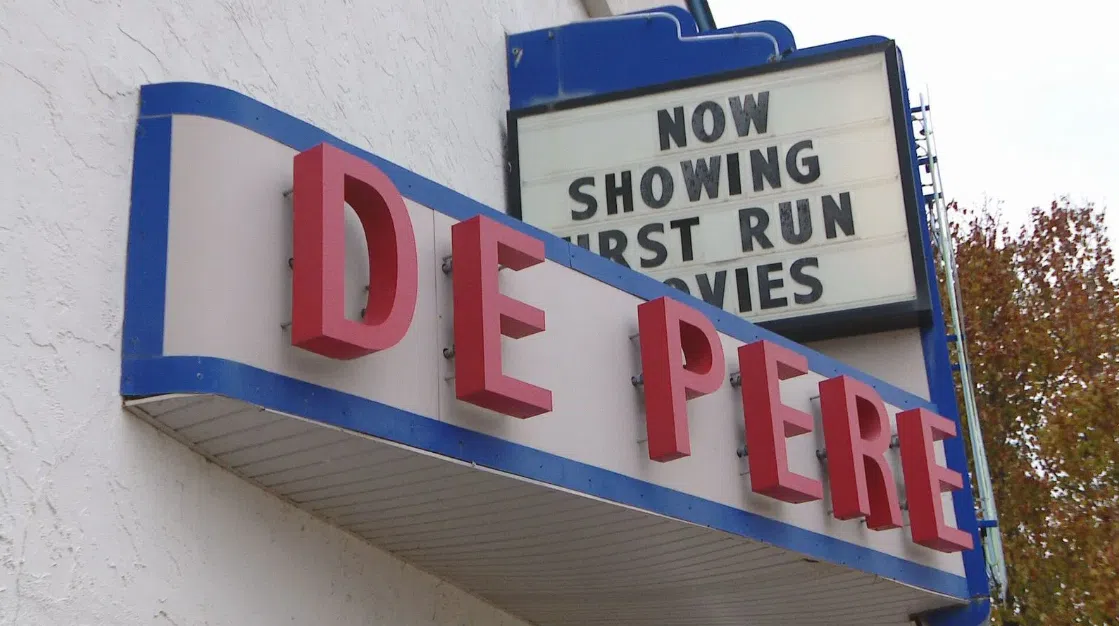Instant Bank Transfers Since January 2025: What You Need to Know
New European regulations are set to revolutionize the way we transfer money. Starting January 9, 2025, everyone within the Single Euro Payment Area (SEPA) will be able to receive instant bank transfers, opening a new era of faster and more efficient payments. Even for those who have previously not had access to this modern payment method.
Discovering Instant Bank Transfers
Instant transfers, also known as “Instant Payments,” enable funds to be moved between accounts in mere seconds, regardless of the contributors chosen. Essentially your money will arrive on the other end almost instantly.
This transition signifies a considerable shift from traditional bank transfers which sometimes take multiple working days to reach their destination. The change will deliver greater convenience and expedite various financial transactions, from routine expenses to online shopping.
Banks across the European Union have been given until January 9, 2025, to ensure their customers can receive these lightning-fast payments. While most individuals are already familiar with sending these express transfers, this new regulation ensures that everyone, even those previously without this technology, can start benefiting instantly.

Diving Deeper into SEPA and Beyond
While these quick transfers are becoming the standard across the Sepa area—which encompasses most European Union member states that use the Euro— the deadline extends for nations within the European Economic Area using other currencies.
Iceland, Liechtenstein, and Norway have a later deadline of July 9, 2027, to implement these new rules. This variance in deadlines acknowledges the individual progress each country has made towards embracing instant payment solutions.
While receiving instant transfers will be enabled by January 2025, the ability to send these transfers will be rolled out later—with October 9, 2025, being the final deadline.
Some banking institutions are already offering instant transfer capabilities, allowing forward-thinking customers to experience these advantages before they become universal in 2025.
Safety, Security, and Your Privacy
The introduction of instant payments raises important questions about safety and security, given their accelerated nature.
European legislation has addressed these concerns by implementing strict security measures for individuals using online banking services. Banks must verify both the sender and the recipient of all funds.
and ensure these transfers arrive within 10 seconds regardless of the day or time.
The costs associated with these rapid transactions will resemble those of traditional bank transfers, meaning there will be no added fees for the swiftness of the process. While standard fees may vary depending on the这款银行,the typical range within the SEPA region is between €0.37 and €4.37. Feel free
What security measures are being implemented to protect against fraud in instant bank transfer transactions?
## Instant Bank Transfers: A New Era for European Payments
**INTRO MUSIC**
**HOST:** Welcome back to the show! Today we’re talking about a major change coming to the way we send and receive money in Europe. Starting January 9th, 2025, instant bank transfers will be available to everyone within the Single Euro Payments Area, or SEPA. Joining me to discuss what this means for consumers and businesses is [Guest Name], a financial expert specializing in payment systems. Welcome to the show, [Guest Name].
**GUEST:** It’s great to be here.
**HOST:** So, can you explain what instant bank transfers are, and why this is such a big deal?
**GUEST:** Absolutely! Instant payments, as they’re also called, allow you to transfer money between accounts in seconds. Think of it like sending a text message – the money arrives almost instantly on the other end. Unlike traditional bank transfers which can take days to process, this offers a real-time solution for sending and receiving funds.
This is a big deal because it’s going to revolutionize how we manage our finances. Imagine paying bills instantly, making online purchases without delay, or even splitting the bill with friends in real-time. [ [1](https://www.payset.io/post/what-are-sepa-instant-payments-and-how-do-they-work) ]
**HOST:** That’s certainly convenient! But I understand this new regulation is requiring all banks within SEPA to participate.
**GUEST:** That’s right. By January 9th, 2025, all banks across the European Union must be able to receive instant payments. While many banks already offer this service for sending money, now everyone will be able to benefit from receiving these faster transfers.
This ensures everyone, even those who may not have had access to this technology before, can participate in the new era of instant payments. [ [1](https://www.payset.io/post/what-are-sepa-instant-payments-and-how-do-they-work) ]
**HOST:** Fascinating! What are some of the potential downsides or challenges that might come with this widespread adoption?
**GUEST:** That’s a good question. While the benefits are significant, there are potential challenges to consider. Some experts worry about security risks associated with faster transactions, and ensuring robust fraud detection systems are in place will be crucial. Additionally, banks might face increased operational costs in implementing and maintaining these new systems.
**HOST: ** Thanks for sharing those insights, [Guest Name]. It sounds like this is a significant shift in the financial landscape, with both exciting opportunities and challenges ahead.
**CONCLUSION MUSIC**
**HOST:** Thank you for joining us today! For more information on instant bank transfers and how they might affect you, be sure to visit our website at [website address].


